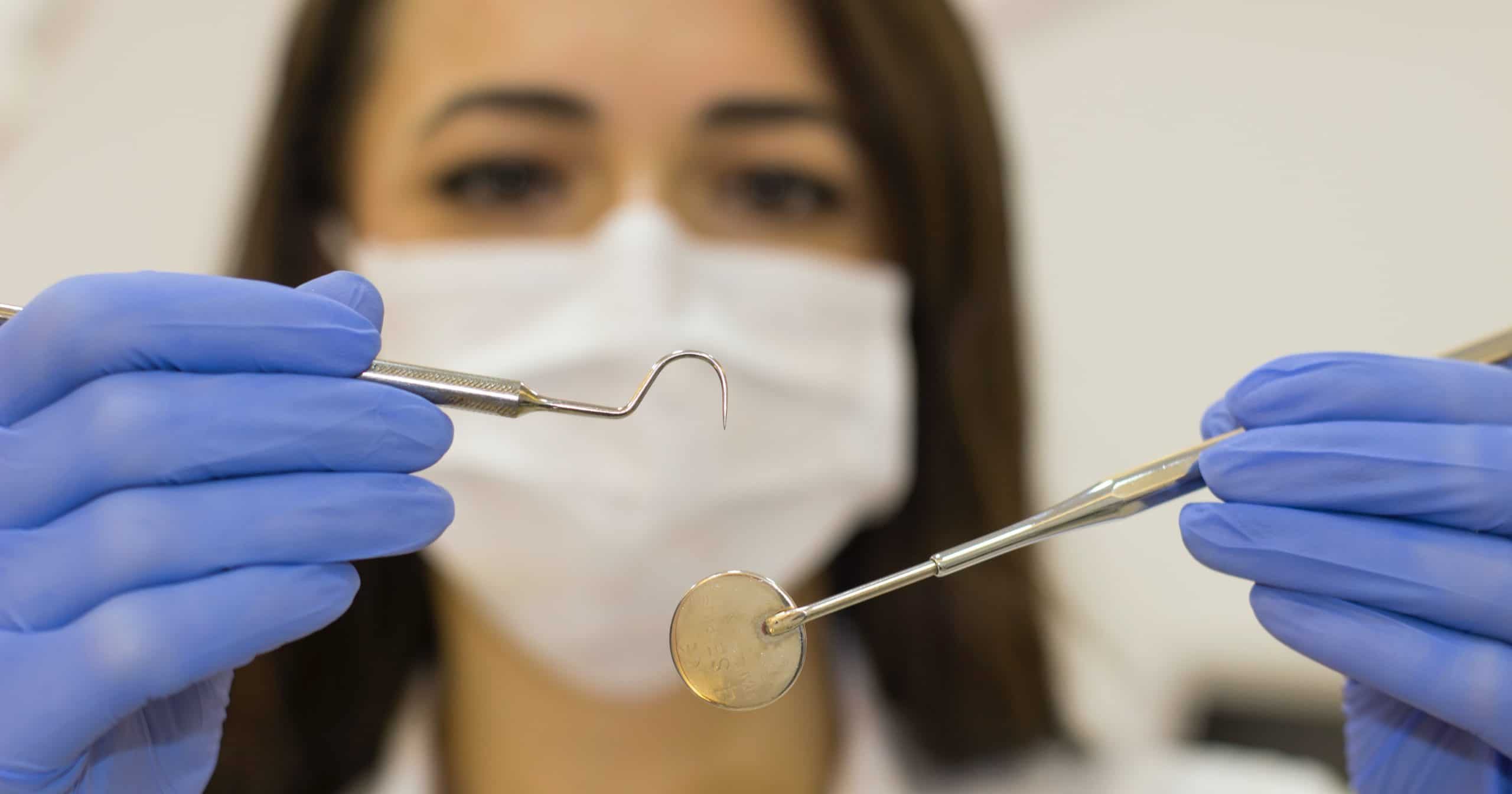
It all began with vigorously brushing and flossing my teeth when a nicely fitted cap suddenly detached from the small stump of my upper right incisor, leaving me with a gap I didn’t want to see ever again. Luckily it didn’t go down the sink hole (although it was a close miss) and I was soon telephoning my dental surgery, urgently begging for an appointment ASAP to repair the damage and allow me to renew my full frontal smile.
Fortunately, due a sudden cancellation, my dentist was able to fit me in the next day and cement the cap back on, which was a relief, as I didn’t want to walk about with my mouth closed for who-knows-how-long while avoiding looking in the mirror and having to speak in unintelligible mumbles.
Like me, you’ve probably had the urge to write about something that’s been on your mind for years.
While sitting in his waiting room, I couldn’t help hearing what sounded like long bouts of high-pitched drilling, which I found rather unpleasant even though it wasn’t me whose teeth were being set upon by the latest in water-cooled technology. In attempting to divert my attention from the hollows being bored, I picked up a few out-of-date magazines. These were neatly piled high in front of ominous notices of what sugar (even the unadulterated brown variety) was doing to nature’s masticators in my receding gums.
From reading several articles in their yellowing pages, some by people well known, my immediate reaction was – “Gosh, anyone could do better than that!” I then decided I would have a go, and after a few dozen tries, I had nearly a thousand words worth reading and eventually got them published in a national magazine. Although my first attempt was not of top-notch quality, it seemed a little above the average when compared with many in print or online.
Like me, you’ve probably had the urge to write about something that’s been on your mind for years.
If so, don’t let age or inexperience prevent you from making a start. Don’t even worry about the ’embarrassment factor,’ or “What will everybody think?” of your efforts at arranging units of language in a particular order, which could interest or entertain others as well in energising your brain cells in producing more creative thoughts.
Needless to say, no-one will see your first, your second or even your 100th draft unless you show it to them. The most important factor is putting it on screen or hard copy while it’s still rummaging about between your ears, as what happened after my cap was temporarily dislodged and my being reminded of it nearly every time I cleaned my teeth. There was also the added delight of starting to have repetitive dreams about giant sized caps hovering above my head – a useful example of how a minor life crisis can sow unwanted seeds as conveyed in what you’re reading here.
Still, if you decide to try to get your efforts published, one of the niceties about writing is that it’s just between you and some unseen editor. Should you eventually be successful in getting an article accepted, don’t expect packs of praise from friends or colleagues. Instead, they might comment they could do likewise, if only they “had the time,” to which it’s best simply to politely grin and ask to have a look at what they’ve going to write, but don’t hold your breath waiting for a copy to arrive.
If, instead, they offer genuine praise, don’t let it go to your head, since you may still be thought of as you’ve always been, blemishes and all. Even worse, if you’re rudely asked “How much did you got paid?” for your piece, it’s best to think of a figure and then double it, which should put an end to such prying.
Writing is an opportunity to inform, to amuse or make others stop and think about what you’ve written.
One advantage of writing is that you soon learn what is between your ears when having to convey, in the right order, your ideas in the form of words, with only 26 symbols in lower or upper case, plus a few bits of punctuation and digits from nought to nine to do it with. And, with each revision, there is the satisfaction of seeing how it has improved, especially when compared with your initial draft.
Writing is an opportunity to inform, to amuse or make others stop and think about what you’ve written. You also have a chance to make contact with many people you will never meet. What’s really ego-boosting is when strangers, at simply hearing your name, tell you how much they’ve enjoyed reading your work and offer to buy you a drink.
It would also be interesting to know if any of these readers anxiously awaiting treatment were encouraged to start writing after perusing one of my endeavours, and then deciding that they “could do better” or even much better than yours truly.
Either way, it could be the beginning of a another literacy legacy to be passed on many times over, perhaps even in the forward of a few great novels or books of short stories, in which I’ll receive a positive mention that it was me who encouraged their budding authors to get their teeth into creative writing.
Featured image by Yusuf Belek on Unsplash






